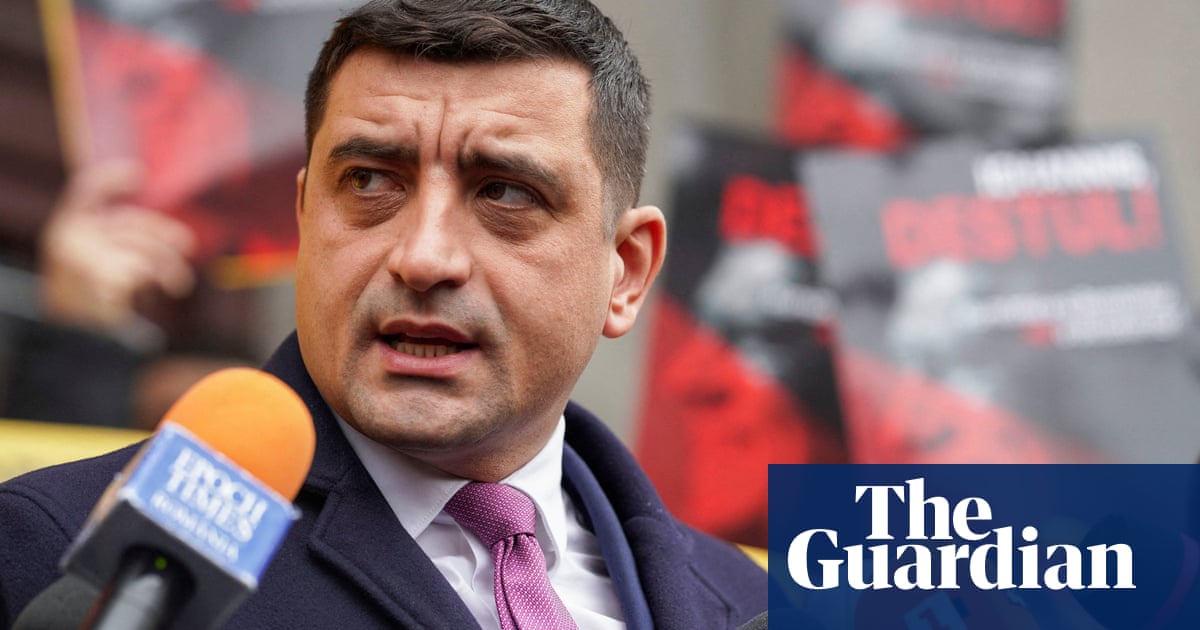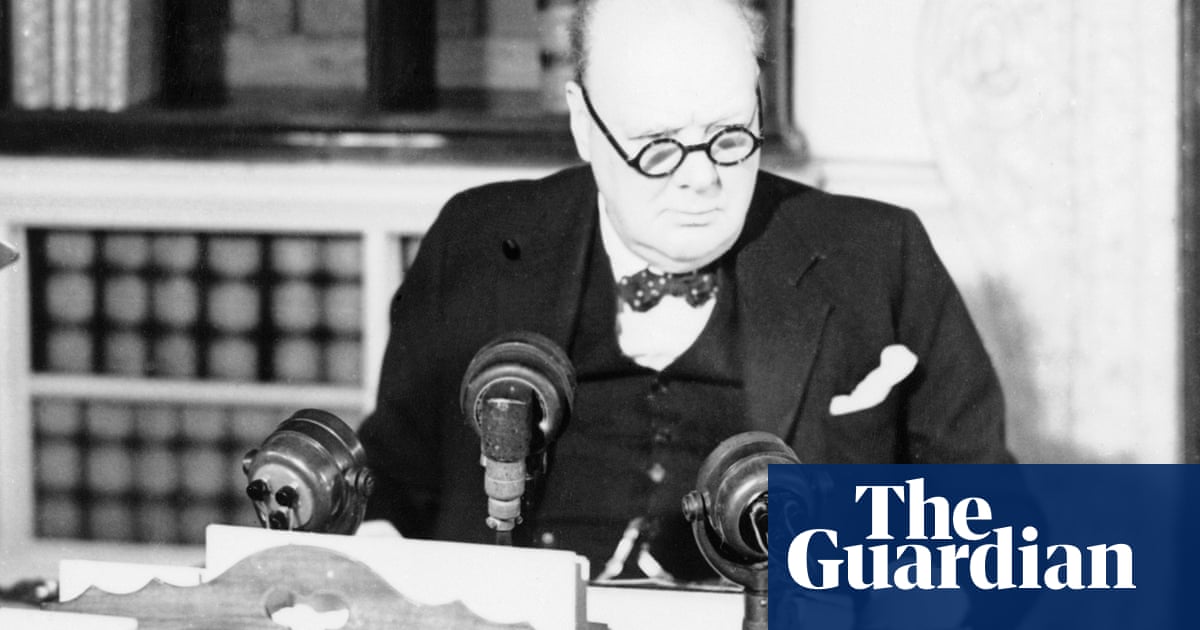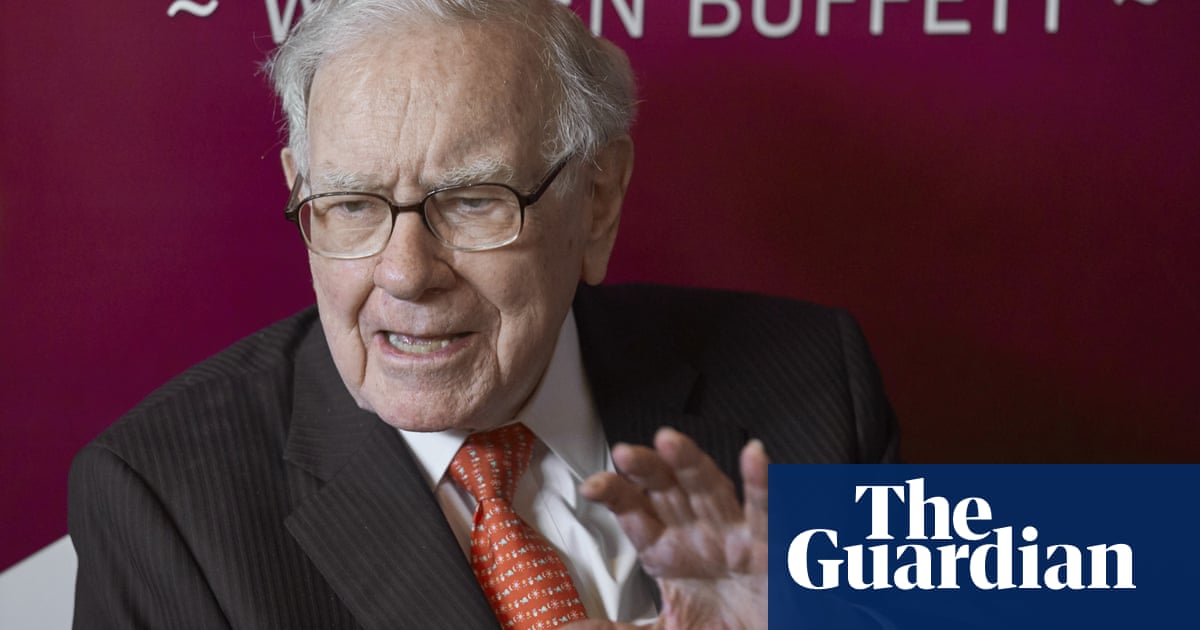Ahmad bin Mubarak, the premier of Yemen’s internationally recognised government, has announced his resignation saying he was unable to fully exercise his powers.
Bin Mubarak had been entangled in bitter disputes for months with Rashad al-Alimi, who heads the Saudi-backed Presidential Leadership Council (PLC), two ministers and a member of the PLC told AFP.
They requested anonymity in order to speak freely.
After Iran-backed Houthi rebels seized the capital, Sana’a, in 2014, Yemen’s government withdrew to Aden in the south. The rebels went on to control most population centres in the impoverished Arabian peninsula country.
A Saudi-led military coalition intervened in support of beleaguered government forces in 2015 but with little success.
On Saturday, Bin Mubarak posted on X that he had met the PLC’s Alimi and resigned.
He also shared his resignation letter in which he said: “I could not exercise my constitutional powers and take the necessary decisions to reform government institutions or implement rightful governmental changes.”
The Houthis are currently waging a campaign of missile attacks on Israel and are targeting shipping in key waterways in what they say is a show of solidarity with Palestinians over the war in Gaza.
Bin Mubarak said that despite the obstacles he had managed to achieve “many successes in a short space of time”, citing fiscal and administrative reforms and an anti-corruption drive.
However, analyst Mohammed Al-Basha, of the US-based Basha Report Risk Advisory, told AFP Bin Mubarak had been “in constant friction with the Presidential Leadership Council”.
“Bin Mubarak wanted to be more than prime minister – he wanted the powers of the presidency. That aspiration isolated him politically,” al-Basha said.
The Yemeni official sources who spoke to AFP said Bin Mubarak had suspended the budgets of several ministries including defence, citing corruption, further fuelling tensions.
“His drive for greater power – viewed by many as fuelled by personal ambition – led to repeated confrontations with key ministers and most council members,” Albasha said. “Over time, this power struggle eroded trust.”
Bin Mubarak, Yemen’s former ambassador to the US, is a staunch adversary of the Houthis, who abducted him in 2015 and held him for several days.
Previously he was chief of staff of the presidential office and Yemen’s envoy to the United Nations.
He was appointed foreign minister in 2018 and prime minister on 5 February 2024.
His departure should “ease internal tensions and reduce the deep divisions that have plagued Yemen’s internationally recognised government – a necessary and positive step toward restoring cohesion”, al-Basha said.
The war in Yemen has caused hundreds of thousands of deaths and triggered one of the world’s worst humanitarian crises, although the fighting decreased significantly after a UN-negotiated six-month truce in 2022.
Since the war in the Gaza Strip broke out in October 2023 after Hamas attacked Israel, the Houthis have repeatedly targeted Israel and ships in the Red Sea and Gulf of Aden that they say are linked to it.
The Houthis paused their attacks during a two-month Gaza ceasefire, but in March a threat to resume attacks over Israel’s Gaza aid blockade triggered a renewed and sustained US air campaign targeting areas in Yemen they control.

 11 hours ago
9
11 hours ago
9













































